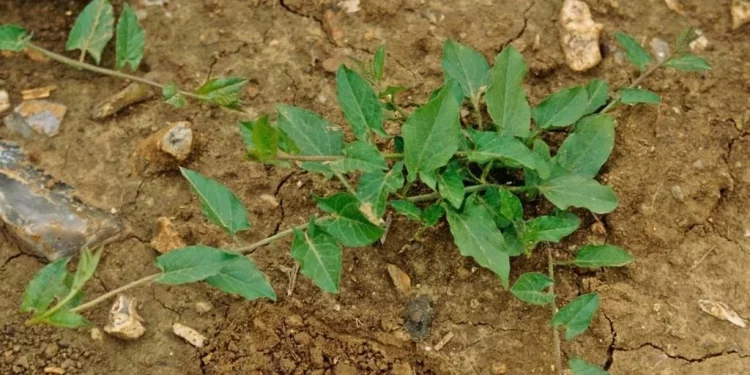Weeds are a significant problem for farmers worldwide, causing yield losses and reducing the quality of crops. Traditional methods of weed management, such as tillage and herbicides, have negative impacts on soil health, water quality, and the environment. In this article, we will explore a new approach to weed management that promises to be the future of sustainable agriculture.
According to a recent study published in the journal Nature, a team of researchers has developed a new approach to weed management that involves using machine learning algorithms and autonomous robots to identify and remove weeds in real-time. The system uses cameras to capture images of crops and weeds, which are then analyzed by machine learning algorithms to identify the weed species and determine the best method for removal.
The benefits of this new approach to weed management are significant. By using autonomous robots, farmers can reduce the need for herbicides and tillage, which can damage soil health and reduce biodiversity. Additionally, the system can be customized to specific crop and weed types, increasing its effectiveness and reducing the risk of crop damage.
In conclusion, the development of machine learning algorithms and autonomous robots for weed management represents a significant breakthrough in sustainable agriculture. By reducing the need for herbicides and tillage, this new approach can help farmers to maintain soil health, protect water quality, and increase the biodiversity of their fields. As such, it has the potential to revolutionize weed management and contribute to a more sustainable future for agriculture.







